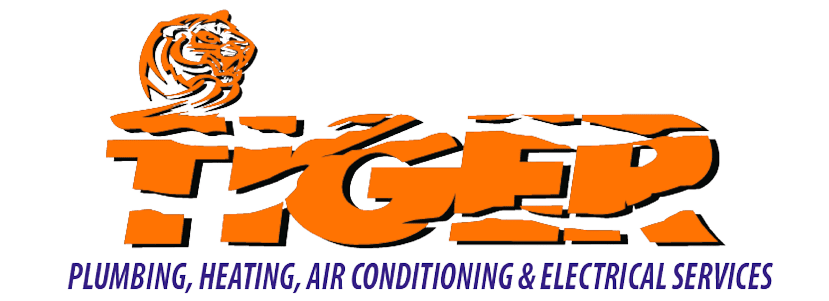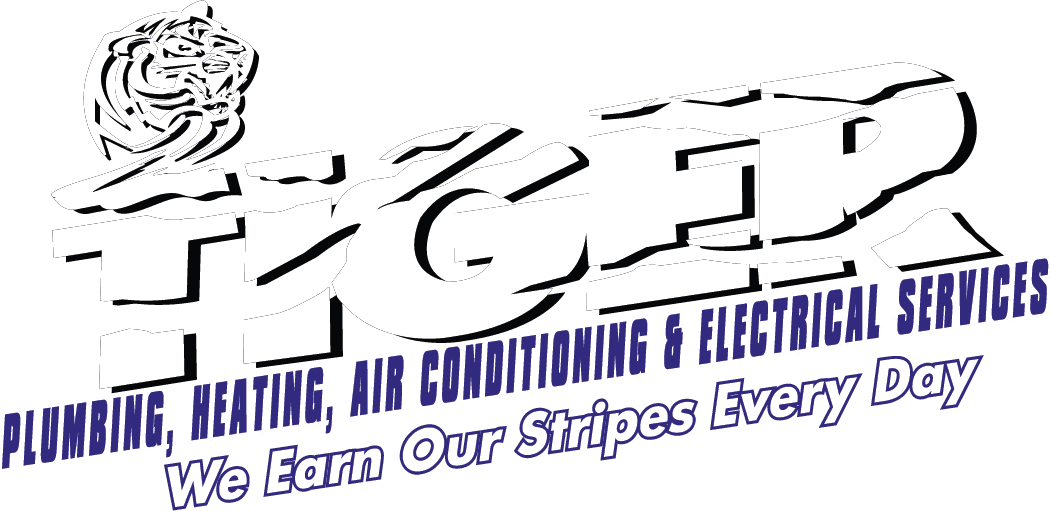Improving Water Pressure and Fixture Longevity with Repiping for Your Illinois Home
Low water pressure and worn-out fixtures are more than just inconveniences. They can be signs that your home’s plumbing system is past its prime. In Illinois communities like Collinsville, Springfield, Bloomington, and Peoria, aging infrastructure and regional water conditions can take a toll on pipes, reducing efficiency and shortening the life of faucets, showers, and appliances. Understanding repiping benefits can help you see why this investment is one of the most effective ways to restore your home’s plumbing and improve its performance.
The Impact of Aging Pipes in Illinois Homes
Many older Illinois homes still rely on outdated pipe materials such as galvanized steel or even lead. Over time, these materials corrode, develop mineral buildup, and narrow the water pathway. This not only lowers water pressure but can also lead to leaks, bursts, and compromised water quality.
Regional conditions can make matters worse. In Springfield and Peoria, hard water accelerates scale buildup, while in Collinsville and Bloomington, older plumbing systems are more prone to corrosion due to decades of wear. The results can include:
- Reduced water pressure and uneven flow from faucets and showers
- Premature wear on fixtures caused by inconsistent water delivery
- Discolored or rusty water that can stain sinks, tubs, and laundry
- Potential health concerns from outdated materials like lead
Benefits of Repiping Your Home
Repiping addresses these problems at their source by replacing aging pipes with modern, durable materials. The repiping benefits go beyond just fixing leaks. They can transform your daily water use and extend the lifespan of your plumbing fixtures, improving water pressure and fixture longevity with repiping a smart long-term investment for Illinois homeowners.
- Improved water pressure for consistent, comfortable showers and efficient appliance operation
- Extended life for faucets, showerheads, and appliances by eliminating sediment and debris from old pipes
- Safer water supply by removing outdated or unsafe materials
- Energy savings from improved water flow that reduces strain on water heaters, especially during Illinois winters
Better water pressure not only makes showers more enjoyable but also allows appliances like washing machines and dishwashers to work more efficiently. This can reduce cycle times and improve cleaning performance. By ensuring water flows at the right pressure, repiping also helps protect appliances from unnecessary wear, extending their useful life and keeping your home running smoothly.
Signs You Need Repiping
It can be hard to know when your plumbing needs a complete replacement instead of simple repairs. Common signs include:
- Low water pressure or noticeable drops when multiple fixtures are in use
- Rusty or discolored water from corroded pipes
- Frequent leaks or pipe bursts, often in different locations over time
- Noisy pipes that bang, rattle, or whistle, indicating internal corrosion or blockages
- If these issues are recurring, repiping may be the most cost-effective and long-term solution.
The Repiping Process with Tiger
Our process begins with a thorough assessment to determine the condition of your current plumbing. We help you choose the right material for your home, such as PEX for flexibility and resistance to corrosion, or copper for durability and longevity.
Repiping typically involves:
- Planning the new pipe layout for optimal performance
- Installing the new piping system while minimizing disruption to your home
- Testing every connection to ensure leak-free performance and reliable water pressure
Our team prioritizes safety throughout the process, ensuring all work meets current plumbing codes. Once installation is complete, we clean the work area and provide guidance on caring for your new system. We also offer follow-up support to answer questions and make any needed adjustments, so you feel confident in the performance of your updated plumbing.
Regional Considerations for Repiping in Illinois
- Collinsville: High humidity can contribute to pipe corrosion, making material choice important for long-term reliability.
- Springfield: Many homes here are historic and require careful planning to preserve structural integrity during repiping.
- Bloomington: Growing households often demand more water capacity, which repiping can provide.
- Peoria: Flooding risks mean pipes must be resistant to potential moisture exposure and shifting soil conditions.
Maintenance Tips Post-Repiping
Even after repiping, regular maintenance can help extend the lifespan of your new system and protect water pressure:
- Schedule routine inspections to check for early signs of wear or leaks
- Use a water softener in areas with hard water, such as Peoria, to reduce mineral buildup
- Monitor water flow and address small issues quickly to prevent future damage
Ready to Experience the Benefits of Repiping?
Taking care of your plumbing after repiping ensures you continue to enjoy the improvements in water pressure, fixture longevity, and water quality for years to come. By replacing outdated pipes with modern materials, you set the stage for a safer, more efficient home that can better handle daily demands.
For homeowners in Collinsville, Springfield, Bloomington, and Peoria, investing in repiping is not just about solving today’s issues. It is about protecting your property, reducing the risk of costly repairs, and improving your comfort year-round.
Financing
Options
Winning Team















